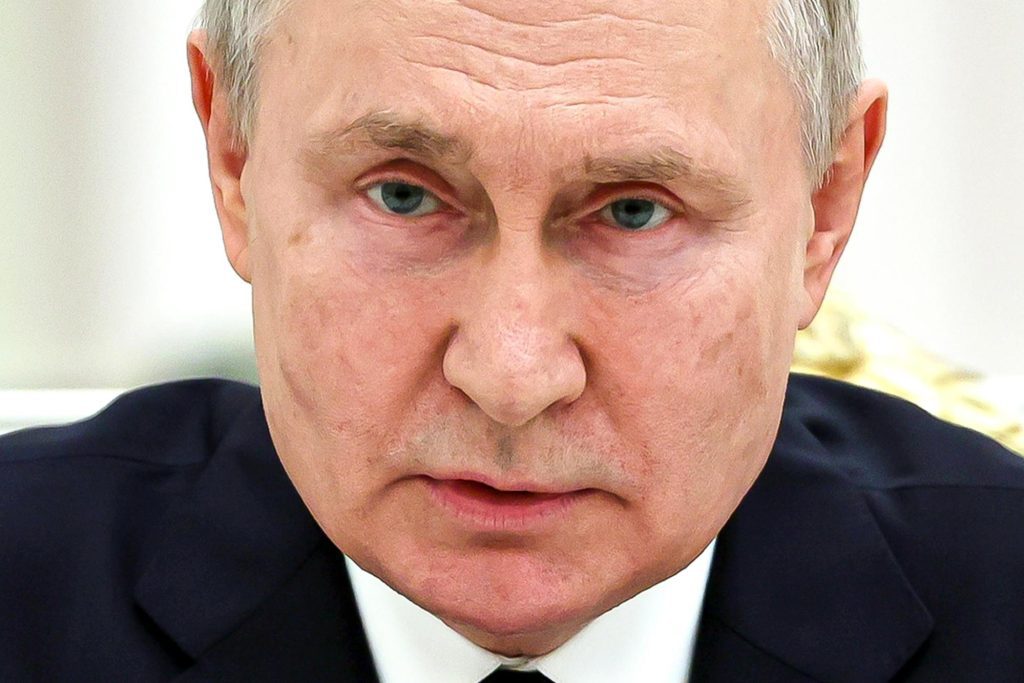Vladimir Putin is ready to win another six-year term in the upcoming presidential election this week’s presidential election, even though Russians are dying in Ukraine in a war grinding through its third year and his country is more isolated than ever from the rest of the world.
The near-certain result comes from his strict control of Russia established during his 24 years in power — the longest Kremlin tenure since Soviet leader Josef Stalin.
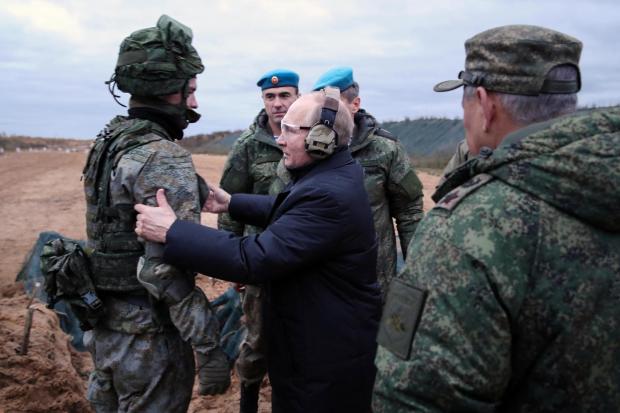
Putin, 71, has silenced virtually all dissent through harsh new laws that impose heavy fines or prison on independent voices. Critics have succumbed to unexplained deaths or fled abroad. The ballot features three other token candidates who publicly support his policies.
How is the war affecting the election?
Putin has focused his campaign on a pledge to fulfill his goals in Ukraine, describing the conflict as a battle against the West for the very survival of Russia and its 146 million people.
In a state-of-the-nation address last month, he charged that the U.S. and its NATO allies “need a dependent, waning, dying space in the place of Russia so that they can do whatever they want.”
Putin has repeatedly argued that he sent in the troops in February 2022 to protect Russian speakers in eastern Ukraine and prevent Kyiv from posing a major security threat to Moscow by joining NATO. Ukraine and its allies describe the Russian invasion — the largest conflict in Europe since World War II — as an unprovoked act of aggression by the major nuclear power.
He says Russian forces have the upper hand after the failure of Ukraine’s counteroffensive last year, arguing that Ukraine and the West will “sooner or later” have to accept a settlement on Moscow’s terms. Putin praised his troops fighting in Ukraine and promised to make them Russia’s new elite.
Ordinary Russians know little of their military’s many setbacks in the war, with casualties out of view and state-run media carrying accounts only of Moscow’s successes.
How is the economy affecting the election?
The economy’s resilience in the face of bruising Western sanctions is a big factor behind Putin’s grip on power in Russia, a major player in the global energy sector. The economy is expected to grow 2.6% this year, according to the International Monetary Fund, compared with the 0.9% expansion predicted in Europe. Inflation is forecast at more than 7% but unemployment remains low.
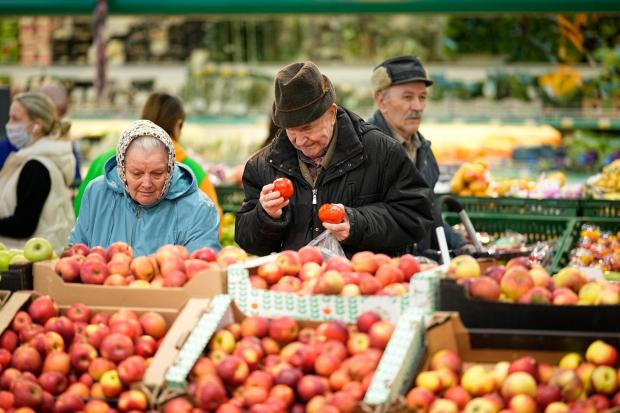
The military industry has become a major source of growth, with defense factories producing missiles, tanks, and ammunition. Large payments to hundreds of thousands of men who signed contracts with the military have helped increase consumer demand, supporting economic growth.
During his campaign, Putin has promised to offer low-cost mortgages subsidized by the government to assist young families, especially those with children, which has boosted his popularity and energized the thriving construction sector.
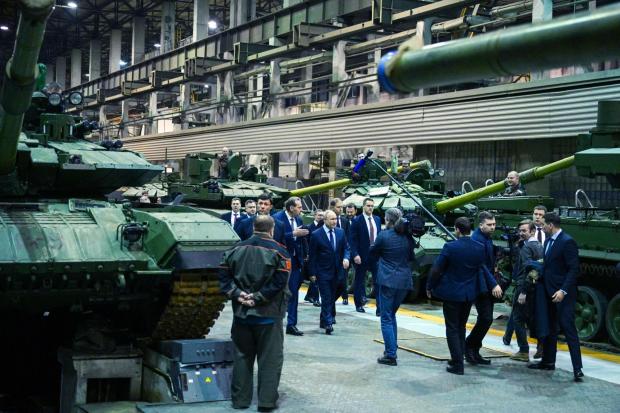
He also committed to increasing government funding for healthcare, education, science, culture, and sports, while continuing efforts to eliminate poverty.
What is the impact of the crackdown?
Putin has systematically tightened his control on Russian politics since assuming the presidency in 2000, enacting constitutional changes that could keep him in power until 2036.
The Kremlin’s crackdown on dissent reached unprecedented levels after the invasion of Ukraine, resulting in a heavily damaged political environment ahead of the vote.
A repressive new law approved shortly after the invasion made any public criticism of the war illegal, and protests have become virtually impossible with police quickly dispersing unauthorized gatherings. The number of arrests, criminal cases, and trials has risen, and lengthy prison terms have become more common.
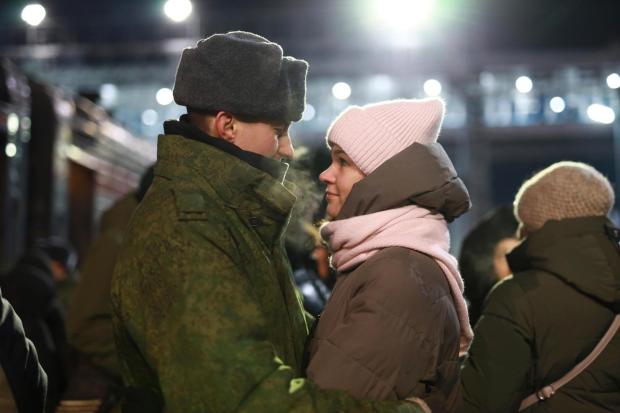
Putin has belittled opposition activists and war critics as privileged Western followers, once referring to them as 'foam washed away' by his 'special military operation.'
His most prominent critic, Alexei Navalny, was serving a 19-year sentence on extremism charges when he died at age 47 in an Arctic penal colony. Other leading opposition figures also received lengthy prison terms comparable to those given to 'enemies of the people' during Stalinist repressions. Prominent Kremlin foe, Vladimir Kara-Murza received the harshest sentence of 25 years on treason charges for an anti-war speech.
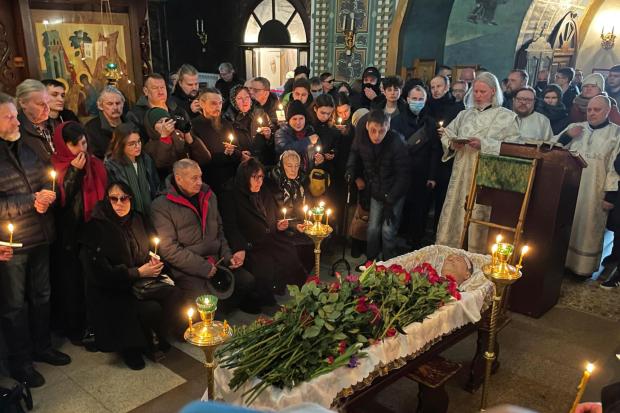
But even minor critics were silenced. A St. Petersburg artist received seven years for switching supermarket price tags with anti-war slogans, while a Moscow poet was sentenced to seven years for reciting verses against the war in public.
Most non-government news sources were closed and many relocated their operations to other countries, while the state-run media continuously emphasized the Kremlin’s viewpoints.
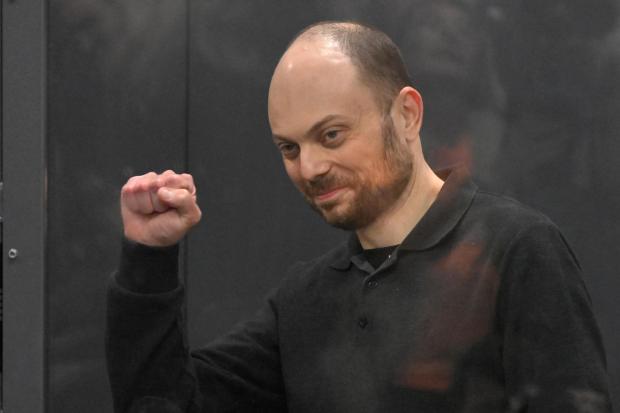
How will Russia’s strategies be impacted?
Putin will probably use his expected win as evidence of overwhelming public approval for the war.
Many watchers anticipate him to harden his approach and escalate the conflict. Some suggest the Kremlin could initiate another phase of mobilizing reservists to increase the military’s numbers and attempt to expand its territorial gains in a significant, new offensive.
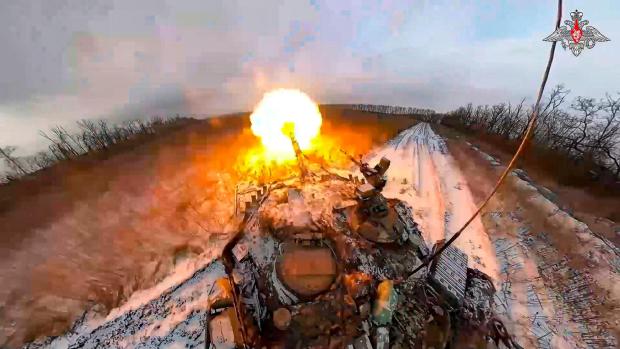
The Kremlin is set to increase its aggressive language related to the war, portraying the nation as a surrounded stronghold confronting Western hostility. Suppression against opposition activists and war critics is likely to widen, with authorities abandoning any pretense of politeness in their ruthless attempts to eliminate dissent.
Moscow’s external policies are likely to become even more forceful, and Russian authorities may increasingly seek to deepen divisions in the West through misinformation and propaganda, as well as appealing to conservative groups in the West by promoting the perception of Russia as a defender of traditional values.
In Moscow’s interactions with China, India and nations in the Global South, Putin’s election win will help reinforce existing alliances by affirming his strong grip over Russian politics.





